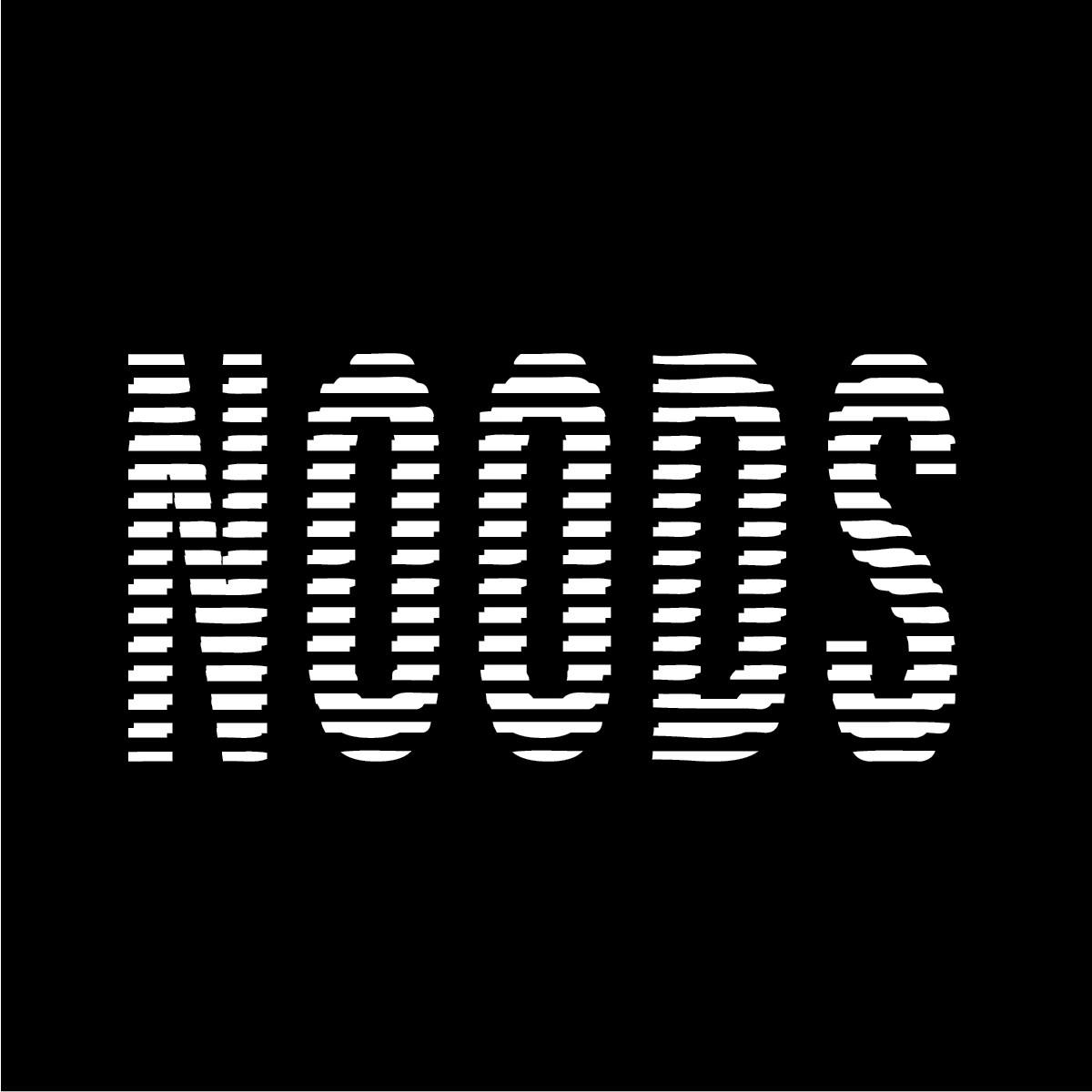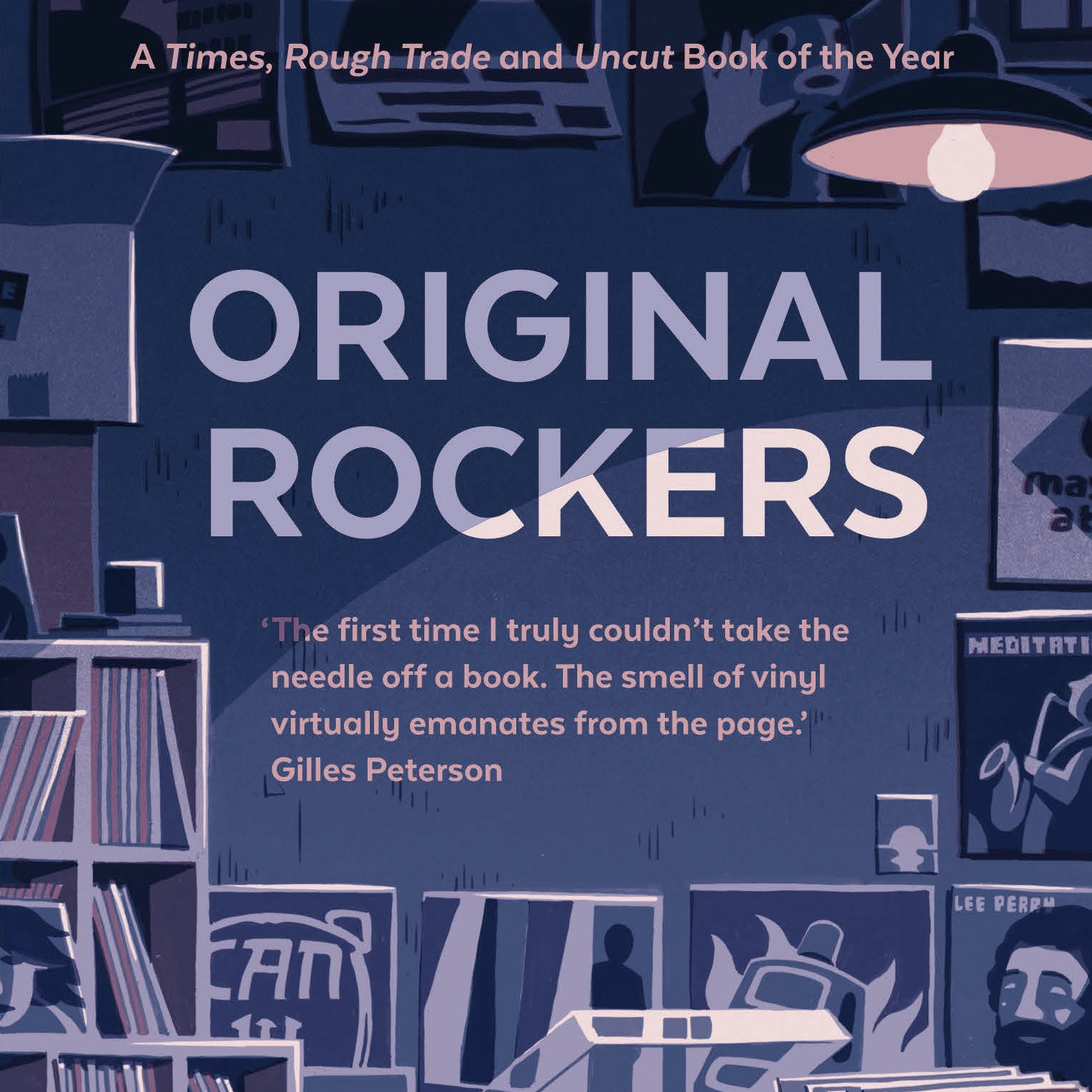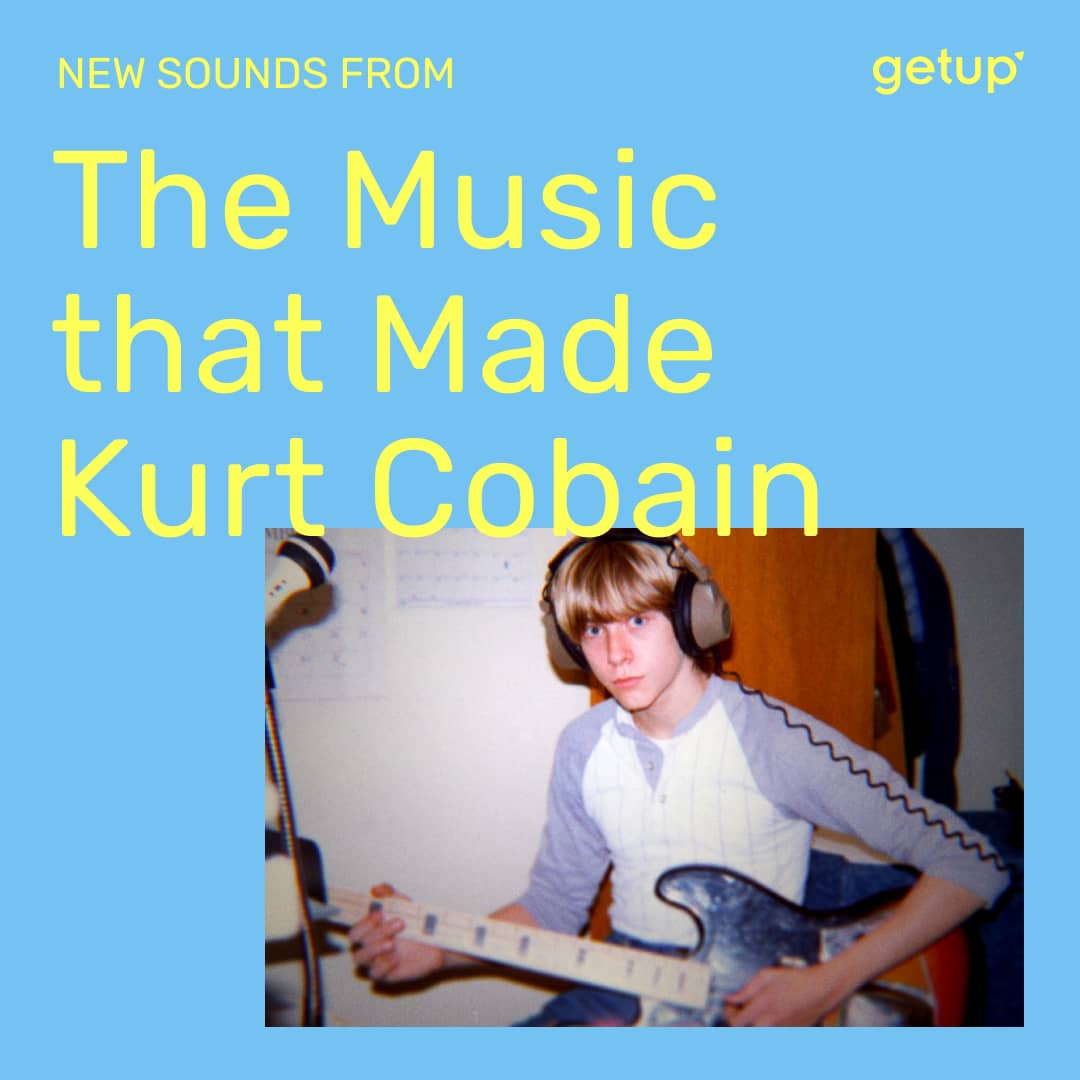Bristol is a tale of two halves, just like its two sides divided by the river Avon, one – down in Southville – home to Bristol City, the other – in the multicultural area of Eastville and Easton – to Bristol Rovers, ‘The Pirates’. This cultural and geographical dualism, one could say, is mirrored by the two identities of Bristol music.
If you’d ask someone not currently familiar with the city what Bristol is mostly associated with, you’d probably get Banksy or Massive Attack for an answer. Maybe Portishead if you are talking to some connoisseur, yet none of these answers truly capture the zeitgeist of contemporary Bristol. Perhaps, the already iconic toppling of the Edward Colston statue is what nails the City’s ongoing buzz and new status quo. A numerous, angry and politicised student population, a big percentage of families descending from both the Windrush generation and, prior to that, to the slave trade that made the fortune of Bristol, and then the white locals, polarised between a widespread working-class and the wealthy elite of the Clifton neighbourhood; where the old mansions that once belonged to traders and the bourgeoise are: this is the Bristol demographics, an essential element to consider when trying to understand the city’s complex and multi-faceted music scene.
Despite still heavily relying on the 30 and odd year old roots reggae and drum and bass culture – that albeit not thriving, still survive filling club nights mostly thanks to the student presence that sees in the city’s raving and drugs aura an irresistible magnet – it’s mostly the gritty sound of punk and its meeting with electronic music to shape Bristol current underground scene.
Even the most distracted indie-rock fans will have probably heard something about the buzz revolving around IDLES, the punk band that has recently ignited new hope in the British guitar scene. Although resulting like Marmite – you either hate or love them – the band fronted by Joe Talbot, following the exploit of their sophomore album Joy as an Act of Resistance, set a new standard for punk music in politically correct and self-conscious 21st Century Britain: using guitar impetuousness and vocal raucousness to challenge the negative stereotypes connected with the themes of chauvinism and racism; as tracks like ‘Never Fight a Man with a Perm’ and ‘White Privilege’ well exemplify.
Not only IDLES within a couple of years imposed a new post-punky trend for guitar bands all over the country – as witnessed by the scene gravitating around So Young Magazine – but nonetheless deeply shaped the sound of the local underground. If Heavy Lungs – whose front man Danny Nedelko was even referenced in the same-titled IDLES song – are by some dismissed as mere IDLES-wannabe, Cruelty champion a darker and more goth inclined side of post-punk, resulting in one of the city’s most peculiar new acts.
If, reached the third album, IDLES seem to have mostly said all they had to say, definitely more fascinating is the other side of the spectrum: Bristol dark-edged electronic face. Gravitating around Noods Radio and label Avon Terror Corps, the scene that once had its creative and spiritual Mecca in the now shut down Surrey Vaults pub has spread tentacular across many of the city’s dingy clubs.
Scalping’s raving industrial sound or Kinlaw & Franco Franco’s hardcore punk, dark trap and techno crossover could perhaps be seen as the bridge between the two scenes that, in virtue of the now antiquated old and strict subcultural barriers, do amalgamate in a musically liquid society – we could suggest with a take on Zygmunt Bauman’s famous theory. It is especially Franco Franco with its furious Italian rapping that, blending with Kinlaw’s productions, create a new, borderless language drenched with nihilism. This gritty and harsh sound captures Bristol multi-cultural and restless spirit that carries on the legacy of Massive Attack and Banksy’s conceptual works. The recent collaboration between 3D (one half of Massive Attack) and Neapolitan trapper Liberato for the soundtrack of film Ultras is a further sign of this pan-Bristolian culture.
Despite the neo-psychedelic revival has now gone past its momentum in Bristol – as witnessed by Tame Impala’s gentrified new audience of young professionals – the bond between the city’s drone music underground and psych finds an exciting meeting point in Triptych. This yearly festival investigating the darker and more electronic side of psych is a florid ground for freewheeling and conceptual creativity; that very same spirit that in the past characterised the production of local heroes The Pop Group. The festival, along with nights like Illegal Data or Damnatio Memeoriae, succeeds in capturing this underground zeitgeist and updating it to current socio-political and cultural scenarios (see Giant Swan ‘Pax Britannica’).
Although not as much recognised as the London one, Bristol nu-jazz scene – rooted in the city’s multi-ethnical culture – nods to afro-beat and enjoys itself an experimental research that can be savoured in the recent compilation New Horizon: A Bristol Jazz Sound.
And if none of these artists meet your tastes, you can always find comfort in the suave baroque pop and lyrical wit of Bristol last music dandies Some Bodies, or in entertaining braggadocio of Lazarus Kane.
Bristol
Defeating the stereotypes rooted in Bristol past, this playlist captured the ongoing cultural and experimental buzz of a city in constant evolution and of its multi-faceted underground scenes.
Share
.jpg)







